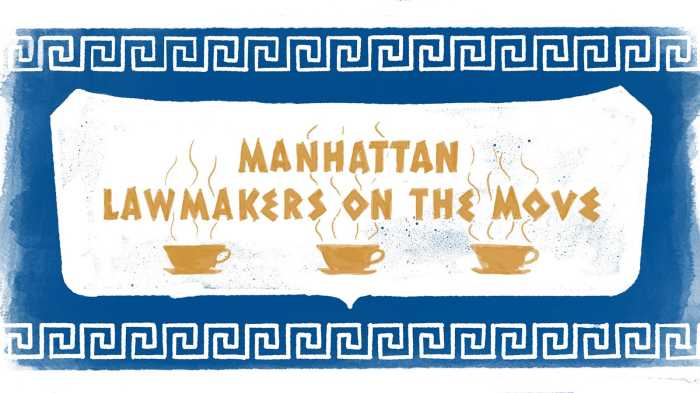Van Bramer Pledges to Defund the NYPD
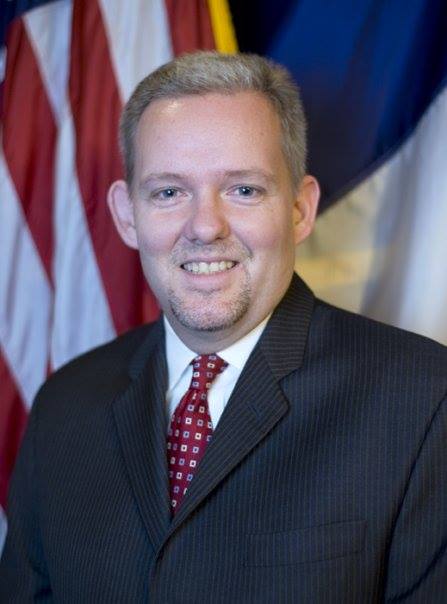
City Council Member Jimmy Van Bramer (D-Astoria, Long Island City, Sunnyside, Woodside) in his e-newsletter noted the city is facing a $10 billion shortfall in the Fiscal Year 2021 proposed budget, and if it does not include a large enough cut to the NYPD, he will not vote for it.
“The marches, protests, vigils, and demonstrations have been inspiring. As a policymaker, I am called to action. I take my position incredibly seriously. I will push for a budget that makes dramatic cuts to the NYPD budget. I support cutting the NYPD’s budget by $1 billion in FY 2021,” he said in the newsletter.
Van Bramer also announced he is sponsoring the following police reform bills:
- Int. 536 – Banning the use of chokeholds by the NYPD.
- Int. 721 – Codifying one’s right to record police activity
- Int. 760 – Requiring the Police Department to a maintain a centralized system to record, track, review, and evaluate officer activity and to identify police officers that may be in need of enhanced training or monitoring.
- Preconsidered Int. 2020-6267 – Requiring visible shield numbers and rank designations.
Southeast Queens Lawmakers Laud Expansion of Anti-Violence CMS Program
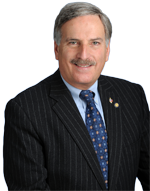
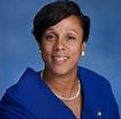
Southeast Queens lawmakers including Assemblymembers David Weprin and Alicia Hyndman, and City Councilmembers I. Daneek Miller and Adrienne Adams yesterday lauded Mayor Bill de Blasio’s announcement that the city will expand the successful anti-violence Crisis Management System (CMS) community safety program to several sites citywide including to cover Jamaica’s 103rd Precinct.
An initiative of the City’s Office of Neighborhood Safety (ONS), the CMS launched in 2017 through the Mayor’s Office of Criminal Justice as a network of providers that use the nationally recognized Cure Violence model, a neighborhood-based, public-health approach to violence reduction.
CMS deploys teams of credible messengers—community members whose backgrounds allow them to connect with and motivate those at-risk—to 26 sites, where they mediate conflicts on the street and connect high-risk individuals to services These services include a year-round employment program, mental health services, and trauma counseling.
“As an Assemblymember who represents a good part of the 103 PCT and parts of Jamaica I want to thank the Mayor and his team for reducing gun violence and strengthening neighborhood safety through this Cure Violence model,” said Weprin.
“I am happy to hear that the Cure Violence program is expanding to include additional precincts, especially our South East Community’s 103rd precinct,” said Hyndman. “As our journey of the summer season begins, it is imperative to fund, aid and uplift the organizations doing the work to keep the peace within our community and promote anti-violence. Jamaica deserves much more, but this is important to our progress.”
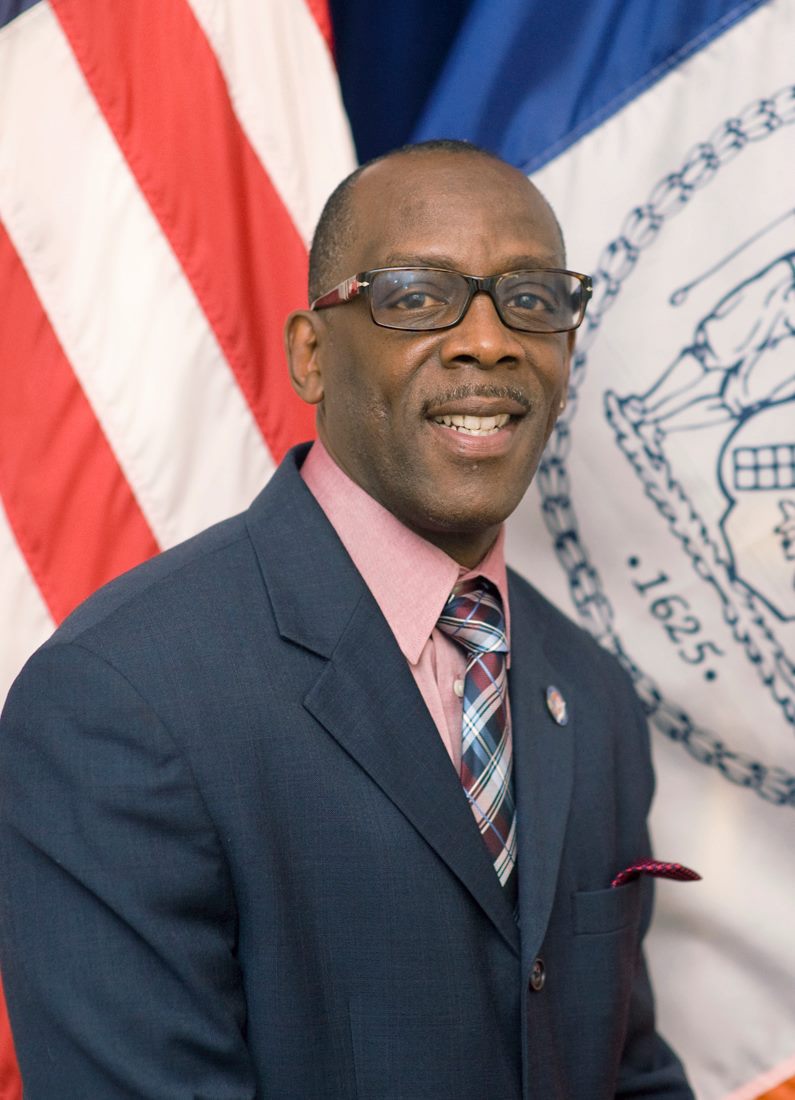
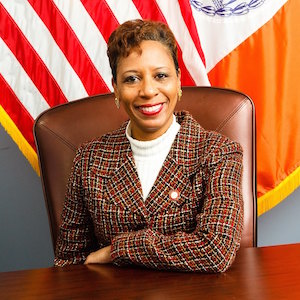
“Our Cure Violence organizations have consistently led the emergency response to our community’s public safety and social service needs,” said Miller, Co-Chair of the Black, Latino, and Asian Caucus. “Today’s announcement not only reflects the value of the work they have done on the ground to combat gun violence but the vital role they will now serve in aiding the City with helping our communities of color heal from the twin traumas of COVID and racial injustice.”
“Our city is at a critical juncture and it is important that we put a system in place for change,” said Adams, Co-Chair of the Black, Latino, and Asian Caucus. “The expansion of the Crisis Management System is an investment in the future of our communities. Increasing community-led measures to preemptively cure violence is a step in the right direction. Violence Interrupters are critical allies of law enforcement, schools, medical facilities and more.”
Meng Demands FDA Not Compromise Those With Food Allergies
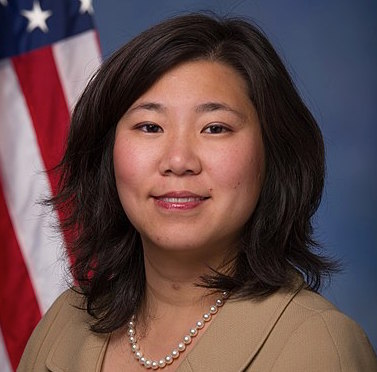
U.S. Rep. Grace Meng (D- Bayside, Flushing, Forest Hills, Fresh Meadows, Glendale, Kew Gardens, Maspeth, Middle Village, and Rego ParkNY) announced yesterday that she sent a letter to U.S. Food and Drug Administration (FDA) Commissioner Stephen Hahn urging him to reverse his agency’s decision that permits companies to make minor ingredient changes without having to revise the corresponding food label because of COVID-19.
The FDA announced the decision on May 22. While this decision is temporary and reflects supply disruptions and shortages for some ingredients, it still exposes those with existing food allergies to unnecessary risk.
“The FDA’s decision to allow food companies to substitute some ingredients for others without having to make changes to the food label is wrong and must be reversed,” said Meng.
“People with food allergies rely on accurate food label information and failing to notify them about a small ingredient change to a product could have disastrous health consequences. As we continue to combat COVID-19, we must ensure people can continue to buy food without having to worry that it may contain an ingredient they are allergic to. Without doing this, the FDA’s temporary decision may inadvertently send more people to the emergency room, causing greater duress of our health care system that is already strained by COVID-19. The FDA must reverse course now,” she added.
Williams Wants Bill to Defer Property Tax Liabilities
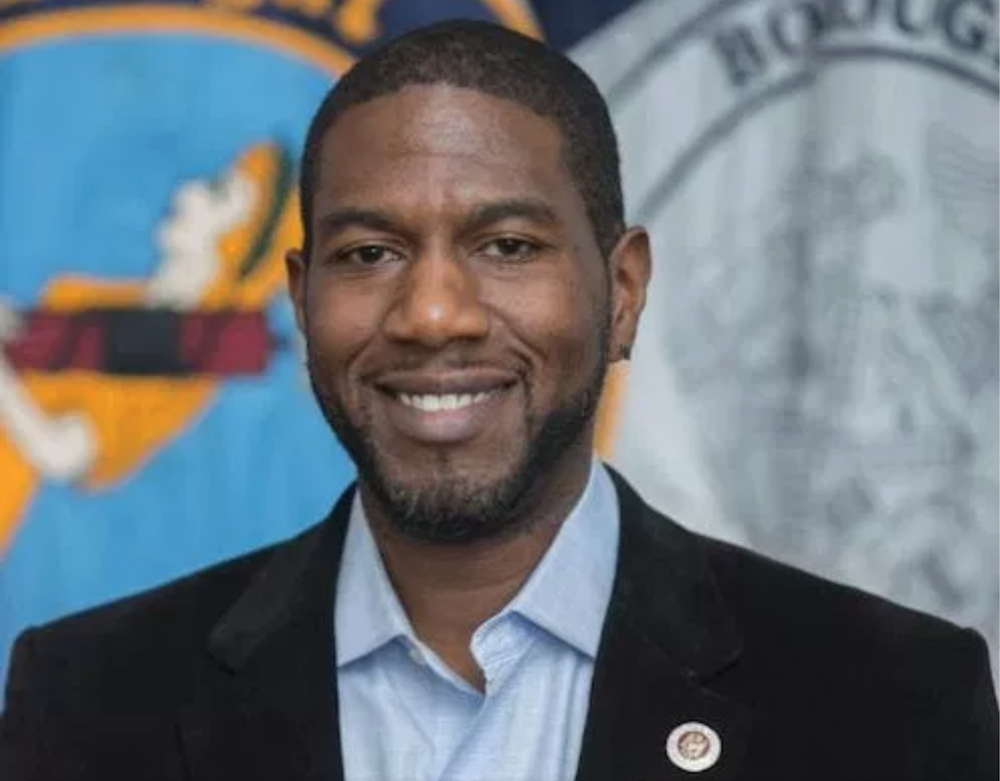
New York City Public Advocate Jumaane D. Williams called for the passage of his legislation that would defer the property tax liabilities on certain residential property owners impacted by COVID-19.
“As we all know, the Coronavirus has hindered the ability of New Yorkers to meet their tax obligations over the past three months, and this issue will likely remain for many more to come. The City must act in ways to ease this burden while balancing the budget, as property tax payments are the biggest revenue source that funds public goods and services,” said Williams.
Specifically, Pre-considered Intro. 6276 would require the city’s Department of Finance to offer agreements to defer real property tax liability otherwise due and payable as of July 1, 2020, until October 1, 2020. Eligible property owners would own property with an assessed value of $250,000 or less that serves as their primary residence, have experienced economic hardship relating to COVID-19, and have a combined annual income of $200,000 or less.



